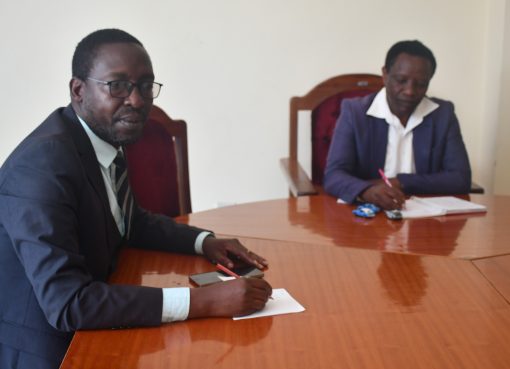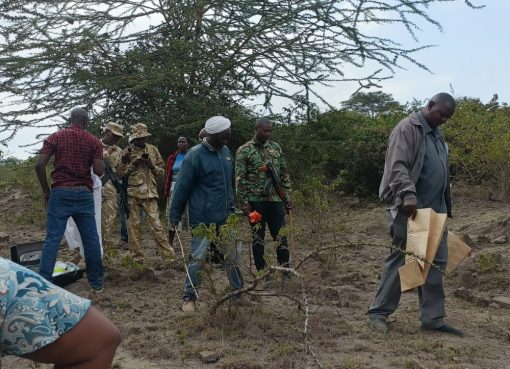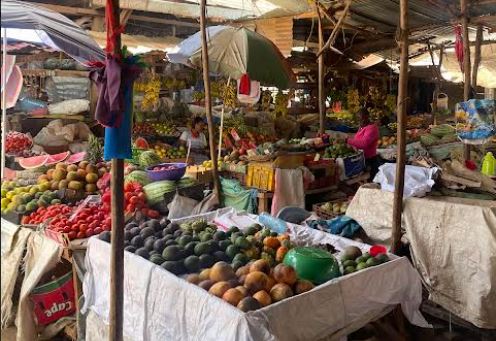Doctors from across Africa have congregated in Nairobi to deliberate on diabetes and the challenges of Non-Communicable Diseases that the continent is facing.
Speaking on Monday at the launch of the Africa Diabetes Pacesetters (ADP) programme, the Ministry of Health Diabetes Prevention and Control Programme Officer, Zachary Muriuki said that the aim of this initiative is to share information and offer complete data on NCDs such as diabetes so that physicians have enough insight in dealing with the diseases.
“Policy makers and administrators in the field of health require convenient access to accurate, timely and complete data. This data will inform discussions about policy alternatives, monitor progress towards strategic goals to help in managing healthcare services and improvement of activities,” said Muriuki.
Muriuki added that there is a need to equip health practitioners with the required information to facilitate them in their practice, noting that physicians should be the leaders of health care in their home countries.
The Novo Nordisk-Africa General Manager, Vinay Ransiwal said the objectives of the ADP programme is to identify and partner with new and emerging advisors, consultants and speakers with an aim of becoming leaders in diabetes management in the next few years.
“We also want to engage a small group of identified scientific leaders and begin working on relationships that will support an enhanced effort to work more closely with thought leaders of tomorrow,” said Ransiwal adding that their aim is to also improve patient outcome.
According to Ransiwal, today the global diabetes challenge stands at 425 million people while four in five people having diabetes come from low- and middle-income countries.
He added that approximately 100 million people require insulin but only 50 million people have reliable access to this life saving medicine.
“Of the estimated 425 million about 50 per cent are diagnosed from which about 50 per cent receive care and very few achieve desired outcomes,” he said.
Ransiwal noted that the main barriers of access to healthcare in low resource countries are insufficient financing, weak health infrastructure, lack of trained health care personnel and weak distribution channels.
“To overcome these barriers, we need to engage key local stakeholders and make an effort to create and maintain public-private partnerships in the health sector,” advised Ransiwal.
The Novo Nordisk Middle – Africa, Clinical Medical Regulatory Quality Manager, Mary Ngome said through the Africa Diabetes Pacesetters Initiative, they aim to equip physicians with the tools and skills needed to ensure that research and publication on diabetes in sub-Sahara Africa is strengthened.
“The initiative will create a Pan-African platform for best practice sharing and networking to defeat diabetes,” said Ngome.
Diabetes is one of the non-communicable diseases on the rise in sub-Sahara Africa with seven out of 10 adults having type-2 diabetes and not being aware. The International Diabetes Federation estimates that more than 15.9 million people have diabetes and if this is not addressed soon, the figure is set to increase by 162 percent by the year 2045.
“Chronic diseases such as diabetes are posing an increased threat to our health and our communities. The launch of this initiative will build additional healthcare capacity and strengthen advocacy through scientific communication and real-world evidence generation in Africa,” added Ngome noting that the initiative is indeed timely as plans are underway to commemorate World Diabetes Day on 14 November.
The Africa Diabetes Pacesetters programme is two-day workshop that involves 20 physicians, and is set to take three years from 2019 to 2022.
By Rosebell Njega/Charles Kirundi




